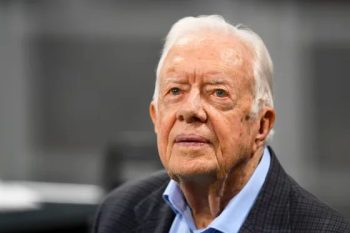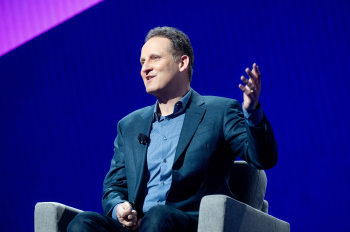The Premier League, UK’s leading football competition, has entered into a significant broadcasting agreement with Sky and TNT Sports. The deal, valued at £6.7bn, covers the Premier League’s UK television rights for a period of four years starting from the 2025-26 season. This arrangement marks a stable revenue period for the league, while also expanding the number of live games broadcast.
Details of the New Broadcast Deal
Sky has successfully acquired four out of the five packages offered, ensuring a minimum broadcast of 215 live matches. This includes the entirety of the final day’s fixtures. TNT Sports is set to air 52 matches, complementing Sky’s extensive coverage. Additionally, the BBC retains its highlights package with the Match of the Day program.
For the first time, UK audiences will have live access to all Premier League matches outside the traditional Saturday 3pm kick-offs. The deal also introduces more midweek matchdays with simultaneous games, offering fans a choice in their viewing. This expansion and the shift from three-year to four-year deal terms have led the Premier League to declare this agreement as “the largest sports media rights deal ever concluded in the UK”.
Implications and Industry Context
This deal reinforces the Premier League’s position as a globally dominant football league, with an annual domestic rights revenue increase of 4%. Interestingly, this rate falls below the current inflation levels, yet the deal’s value significantly surpasses that of Italy’s Serie A recent agreement.
The timing of this deal is particularly noteworthy, given the shifting dynamics in media rights spending. Traditional tech companies, such as Amazon, have shown reluctance in bidding for Premier League rights, a contrast to their previous 2019 deal. Similarly, other digital platforms like Dazn did not materialize as strong competitors in this auction.
Potential Impact on Saturday Blackout and Wider Broadcast Trends
One notable potential impact of this deal could be on the Saturday 3pm blackout tradition. The increase of over 25% in live matches may challenge the longstanding argument of maintaining scarcity to boost demand for live viewing. Concurrently, the UK government has shown support for broadcasting live matches during this time slot in the Women’s Super League, suggesting a broader trend of increased accessibility to live football.
Industry Leaders’ Perspectives
Richard Masters, Premier League’s chief executive, highlighted the importance of Sky Sports and TNT Sports as longstanding partners, known for their high-quality coverage. He emphasized the record audiences and attendances in recent seasons and expressed confidence in their continued innovation to attract more viewers.
Dana Strong, the group chief executive of Sky, expressed excitement over the deal, noting it as a win for Sky customers with an increase in the number of matches from the world’s most iconic league. Strong reaffirmed Sky’s commitment to sports broadcasting and its status as a premier destination for sports fans in the UK.













